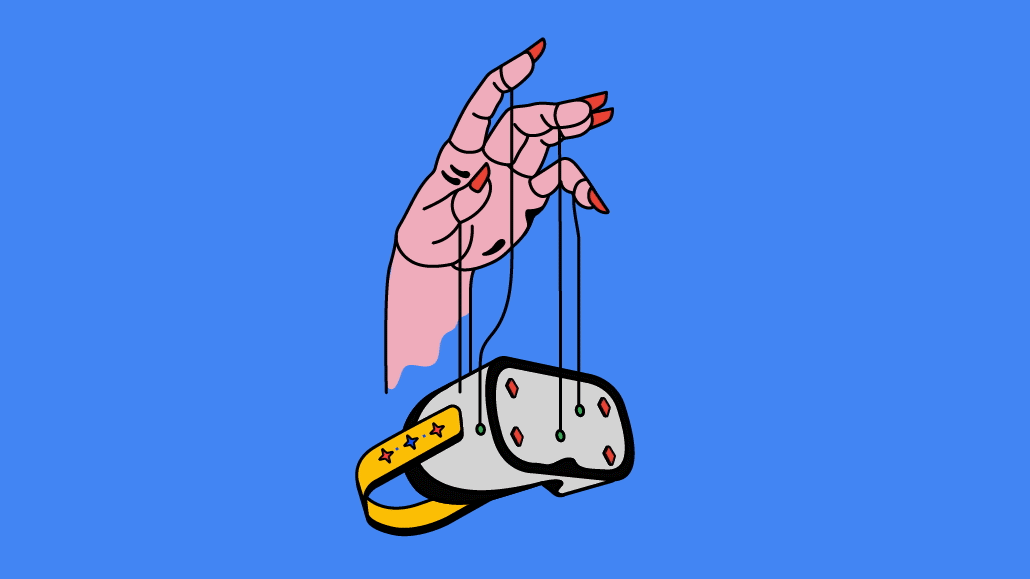Author: Alexander Lee Date: July 28, 2023

While some companies are still trying to figure out their approach to Web3, Puma is now a true follower. The sportswear company sees Web3 as a commercial opportunity on par with the e-commerce and social networks growth, and this time it wants to get in on the ground floor.
The name is well-known among Web3 users. It has in-game activations like a relationship with professional footballer Neymar, as well as its own Unreal Engine-based virtual world called Black Station and a non-fungible token job called Super Puma PFP. Having said that, Puma hopes to establish a more robust approach to integrate these many initiatives.
The company’s Web3 approach centres on its inclusive definition of the term, which covers non-blockchain immersive worlds like “Fortnite” and Roblox in addition to NFT tasks.
According to Ivan Dashkov, Puma’s head of emerging marketing tech and Web3, “we essentially specify it as any brand new marketing innovations that are kind of forming the way customers communicate with brands.”
This broader perspective has increased in popularity as Web3 evolves from a novel experiment to an integral part of established brands’ ongoing marketing strategies. Vayner3, a “Web3 consultancy” that joined Roblox’s Partner Programme as one of its launch partners last month, uses the same definition of Web3.
“That’s a discussion that we’ve been having with our partners when we’re considering the next period of the web,” said Avery Akkineni, president of Vayner3. A number of recent developments, such as immersive experiences and blockchain technology, will be incorporated.
The reason Puma is putting so much stock in its vision for Web3 is simple: the company does not want to miss out on the next massive disruption to the retail industry, and it sees the arrival of Web3 commerce as potentially seismic.
We weren’t sure if electronic communication would disappear when it did, and now we’re trying to catch up. The same thing happened on social media, as far as I can tell the brand wasn’t sure how much to pay for advertising on those platforms, as Dashkov put it. As a company, “we look back at e-comm and social and we certainly do not want to miss out on this one” since “now we’re in this Web3 world, where we’re seeing all these brand-new innovations.”
While Puma’s e-commerce business has grown rapidly in recent years—the brand’s e-commerce grew by 11.8% in Q3 2022, accounting for a significant portion of Puma’s approximately $538 million in direct-to-consumer sales that quarter—its figures are still a portion of competitors like Nike, which created over $13 billion in e-commerce sales over the previous financial year. According to a research released by Citi in 2015, the metaverse economy might be worth trillions of dollars by 2030.
There are currently few options for direct commerce within Web3 settings. While users of the Puma brand’s Black Station virtual area can purchase real-world tennis shoes from the company, it’s not so easy to do the same on other, more popular virtual platforms like “Fortnite” or Roblox. Puma’s early financial commitment may pay off, since market watchers predict that more commercial opportunities will surface in these platforms.
If you’re an omnichannel seller, your goal is to provide service to customers regardless of where they happen to be. said Virtual Brands Group’s CEO and founder, Justin Hochberg. You’re pricing Bloomingdale’s, you’re pricing pop-up shops, you’re bidding on e-commerce platforms, you’re selling direct to consumers, etc. The metaverse is a totally new distribution route, and it already has users.

